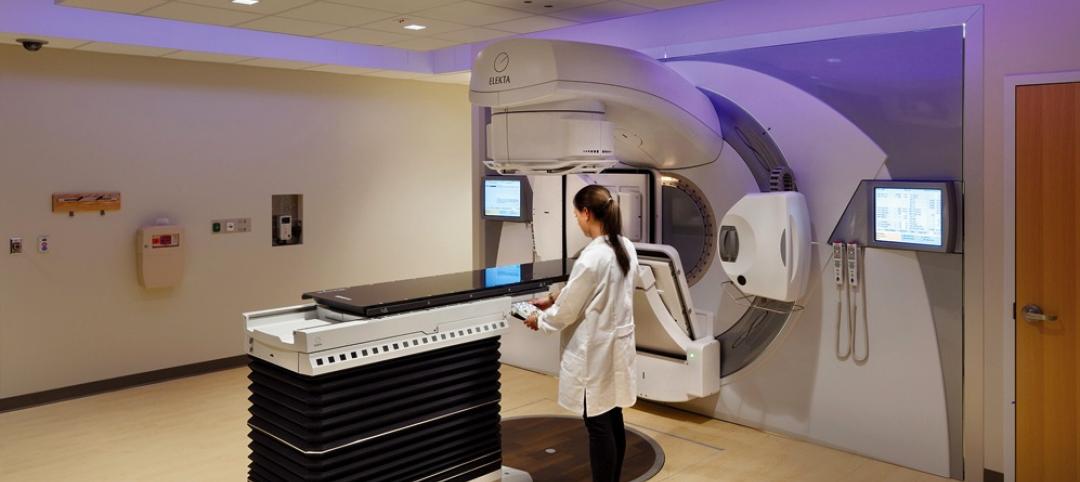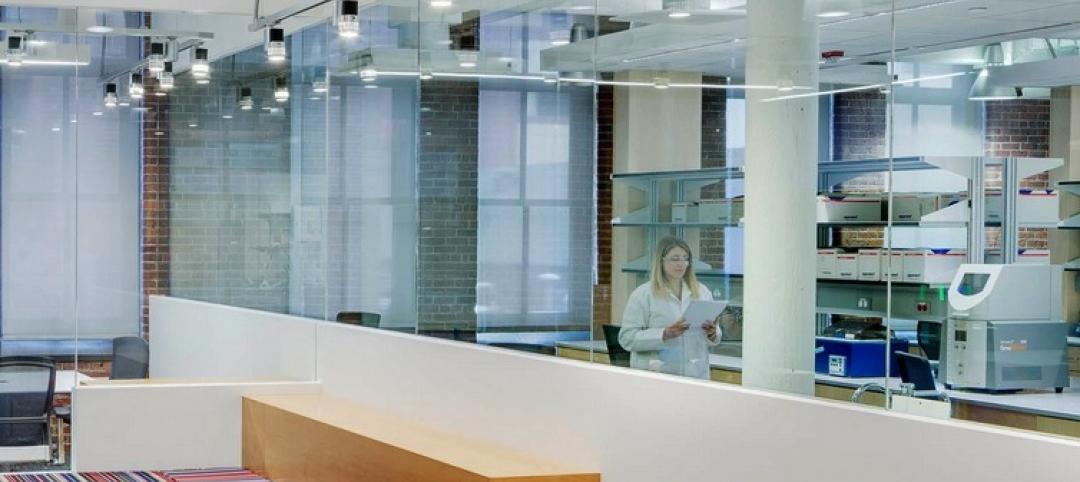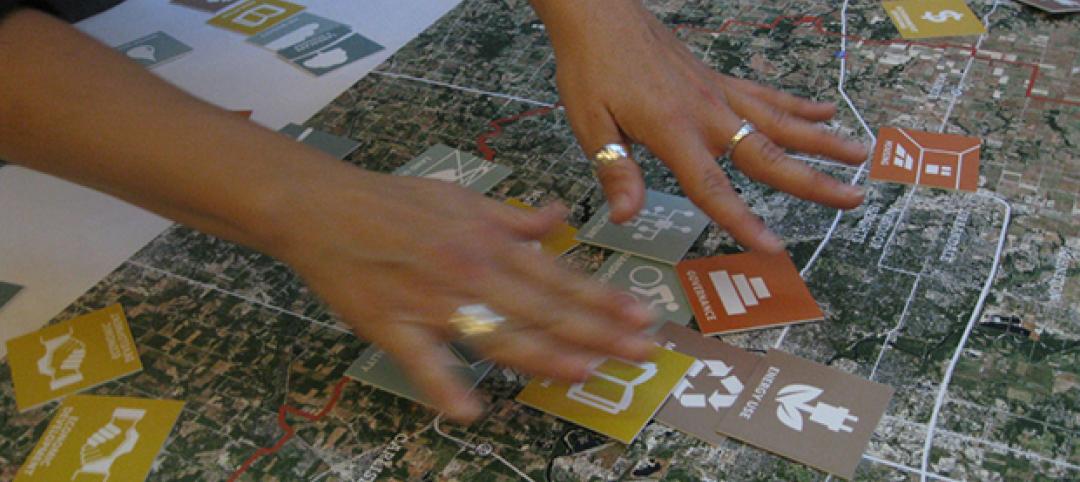Amid a persistent skilled labor shortage that continues to challenge the building sector, constrain housing supply and exacerbate affordability, Katerra, a technology company redefining the construction industry, today announced it has launched a new apprenticeship program that offers the necessary training and skills for the future of construction. Registered with and approved by the U.S. Department of Labor, Bureau of Apprenticeship and Training, credentials earned through the Katerra Apprenticeship Program are portable and recognized in all U.S. states and three territories.
The Katerra Apprenticeship Program offers a combination of technical classroom instruction and hands-on training for a variety of trade occupations including carpentry, plumbing, electrical and HVAC. Apprenticeships for other occupations are anticipated in the future. The educational curriculum associated with each of Katerra’s programs is accredited through the National Center for Construction Education and Research (NCCER). While individual programs vary depending on the complexity of the occupation, all Katerra apprenticeship programs require approximately 144 hours of technical instruction per year and 2,000 hours of on-the-job training.
“Katerra is leading the construction industry in the application of new technologies and methodologies to deliver better quality buildings faster and more efficiently,” said Samantha Rist, head of self-perform at Katerra. “We developed our apprenticeship program to train the next generation of construction workers to use cutting-edge tools and the latest technology. Now, Katerra apprentices can gain portable credentials for use throughout their careers, at Katerra and beyond.”
As part of the program, Katerra offers a series of week-long boot camps at its state-of-the-art factories for related technical instruction training modules. The boot camps – delivered in both English and Spanish – are designed to ensure each participant receives individualized support. English-as-Second Language (ESL) classes are also offered.
“The lack of skilled laborers is one of the biggest challenges the building sector faces,” said NAHB Chairman Greg Ugalde, a home builder and developer from Torrington, Conn. “Apprenticeship programs like Katerra’s that offer portable credentials and teach new technologies are important as the industry seeks to broaden recruitment and increase interest in construction as a career.”
To ensure equal opportunity for training and development in the construction industry, Katerra partners with local organizations in the areas where it operates to recruit for its apprenticeship programs, including from local high schools, workforce development programs, the military, and general industry. Interested candidates can apply for employment at Katerra’s website.
Related Stories
| Oct 13, 2014
Debunking the 5 myths of health data and sustainable design
The path to more extensive use of health data in green building is blocked by certain myths that have to be debunked before such data can be successfully incorporated into the project delivery process.
| Oct 13, 2014
Department of Agriculture launches Tall Wood Building Competition
The competition invites U.S. developers, institutions, organizations, and design teams willing to undertake an alternative solution approach to designing and building taller wood structures to submit entries for a prize of $2 million.
| Oct 12, 2014
AIA 2030 commitment: Five years on, are we any closer to net-zero?
This year marks the fifth anniversary of the American Institute of Architects’ effort to have architecture firms voluntarily pledge net-zero energy design for all their buildings by 2030.
| Oct 10, 2014
A new memorial by Zaha Hadid in Cambodia departs from the expected
The project sees a departure from Hadid’s well-known use of concrete, fiberglass, and resin. Instead, the primary material will be timber, curved and symmetrical like the Angkor Wat and other Cambodian landmarks.
| Oct 9, 2014
Regulations, demand will accelerate revenue from zero energy buildings, according to study
A new study by Navigant Research projects that public- and private-sector efforts to lower the carbon footprint of new and renovated commercial and residential structures will boost the annual revenue generated by commercial and residential zero energy buildings over the next 20 years by 122.5%, to $1.4 trillion.
| Oct 9, 2014
More recession-postponed design projects are being resurrected, says AIA
About three quarters of the estimated 700 firms that serve as panelists on AIA’s Architectural Billings Index (ABI) had delayed or canceled major design projects in response to recessionary pressures. Nearly one-third of those firms now say they have since restarted stalled projects.
| Oct 9, 2014
Steven Holl's 'intersecting spheres' scheme for Taipei necropolis gets green light
The schematic design has been approved for the 50 000-sm Arrival Hall and Oceanic Pavilion for the Taiwan ChinPaoSan Necropolis.
| Oct 9, 2014
Beyond the bench: Meet the modern laboratory facility
Like office workers escaping from the perceived confines of cubicles, today’s scientists have been freed from the trappings of the typical lab bench, writes Perkins+Will's Bill Harris.
| Oct 8, 2014
New tools for community feedback and action
Too often, members of a community are put into a reactive position, asked for their input only when a major project is proposed. But examples of proactive civic engagement are beginning to emerge, write James Miner and Jessie Bauters.
| Oct 8, 2014
Massive ‘healthcare village’ in Nevada touted as world’s largest healthcare project
The $1.2 billion Union Village project is expected to create 12,000 permanent jobs when completed by 2024.

















